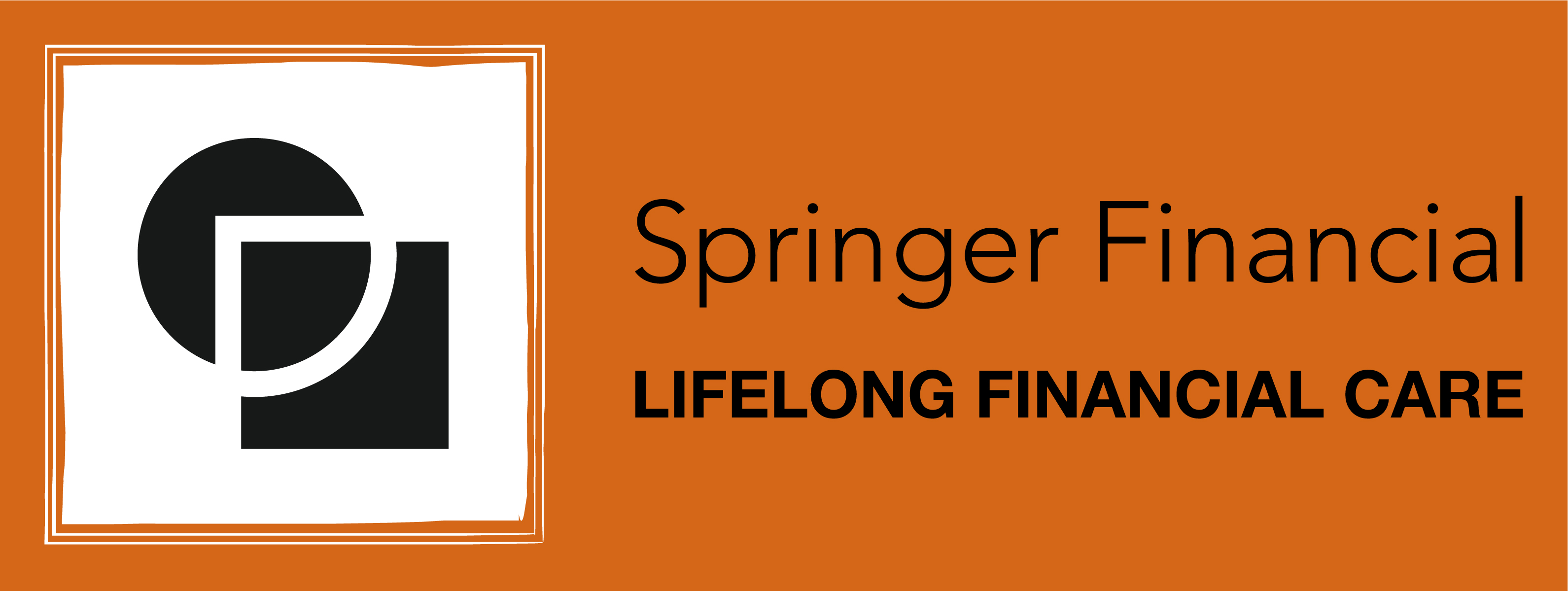How can you use this: Beneficiaries can be family members, your alma mater, church, or any other faith-based organization you belong to, your favourite Charity or (NGO) Non-Profit Organization.
- Participating, Permanent Life insurance is an excellent tool for making charitable gifts because it provides an “amplified” gift enabling you to provide a legacy on an installment plan. Through a relatively small annual cost (the premium), a benefit far in excess of what one would afford.
- Determining your Planned Gift: For example, if a 50-year old commits to giving $5,000 annually for 10 years (approximately $192.30 every two weeks), could leverage the $50,000 gift into a $360,000 gift.
- Maximizing your gift: If you are a non-smoking couple, and the plan is set up as a second-to-die, or survivor life policy, then you add even more leverage. Why? because a 50-year old couple could make a gift of $660,000 with the same $5,000 annual commitment.
- Internal Yield or ROI: Keep in mind that using a traditional permanent life insurance contract will generally yield a 5.5% to 6.5% internal rate of return to life expectancy on premiums paid.
- Disability: Life insurance can be a self-completing gift. For a donor, or an individual planning an Estate with a planned investment amount, directing that investment, or a portion of it towards a Participating Life Insurance Policy guarantees the continuation of the gift even if the donor/payor becomes disabled; the policy can remain in force through the “waiver of premium” feature (if elected).
- Steady cash value accumulation: There is a built-in guarantee of the ultimate death benefit to the charity and/or estate, in some cases, the same cash values and dividend build-up that would have been earned had disability not occurred.
- Early death of the Donor/Payor: Even if the donor dies after only a few premium payments, the charity is assured a full gift. The death proceeds can be received by the designated charity, free of federal income and estate taxes, probate, and administrative costs, and without any delay, fees, or transfer costs.
- Forward Planning: The Beneficiary can convert the proceeds/legacy into a stream of payments – such as an Annuity or receive a lump sum.
- Tax benefits: A final payoff to you the donor, if your gift is for philanthropic purposes, you could make an absolute assignment (gift) of the life insurance policy, so the organization owns the contract and is also the beneficiary, yielding a current income tax deduction for every year the premium is paid.
Our team included legal and accounting professionals who can provide more in-depth advice.
